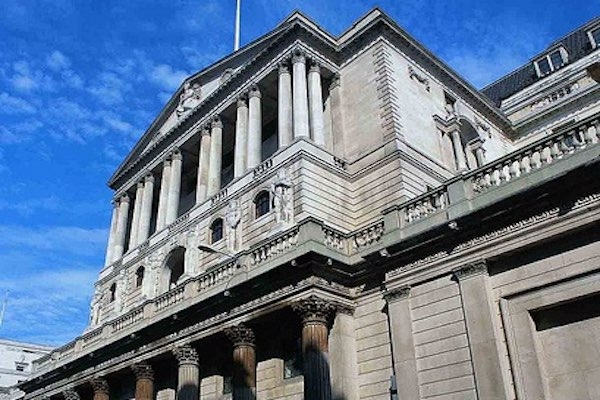Planners are reporting some client families under financial stress as borrowing soars during the pandemic.
Consumer credit hit £197.8bn in November, according to the latest figures from the Bank of England, an increase of £1.2bn from October.
Some £0.9bn of this increase was due to credit card lending, which increased to £58.9bn outstanding in November.
The increase in the level of consumer credit taken out could indicate financial stress faced by many households who are facing high inflation and rising interest rates.
Financial Planners have told Financial Planning Today that while most clients are avoiding major financial stress many have family members struggling to keep up with debt and rising bills. Some experts have forecast energy bills could rise by 50% or more by the spring.
Keith Churchouse, Chartered Financial Planner at Chapters Financial, said that while the firm’s clients are not under much increased financial stress themselves, many are now helping their children who are under stress on a more consistent basis.
He said clients are now helping out family members a lot more: “In our client base, it’s generally a few thousand at a time being accessed from pensions and investments to help children. This is in addition to the gifting of lump sums for house deposits as an example, which continues as in previous years.”
Mr Churchouse attributes client concerns about money to the increasing financial stress faced by many of his clients’ children.
He said: “Energy and gas prices are rising particularly fast and showing no signs of stabilising at the moment. The current energy price cap ends at the end of March, so this could certainly start to cause more financial stress.
“Energy costs could take a significant chunk out of a household’s budget and this is now being recognised, along with increasing credit costs.”
Mr Churchouse thinks the increased financial stress and soaring consumer credit could be a sign of things to come for the rest of this year.
He said: “Interest rates are starting to creep up, with the Bank of England having raised the base rate from 0.1% to 0.25% in December. It doesn’t sound like much – however, further increases are expected across all borrowing sectors.”
Ricky Chan, Chartered Financial Planner at IFS Wealth & Pensions, has not seen an uptick in the number of clients looking to provide financial help to family members in recent months but said that it has been common for his clients even before the start of the Coronavirus pandemic.
He thinks that Christmas spending combined with the rising cost of living and rise in interest rates is most likely to be behind the rise in consumer credit.
He added that he would expect Financial Planners who serve younger clients or those with large families to be the most likely to see clients under financial stress.
Martin Bamford, Financial Planner at Informed Choice, said the firm has seen examples of clients “pushing the boat out” to purchase expensive gifts or trips around the festive season, making the most of lower Coronavirus restrictions following a “ruined” Christmas in 2020.
However, he suspects levels of consumer borrowing will now rapidly decline due to economic uncertainty.
While Informed Choice is not currently seeing an increase in financial stress among its clients, many have fears about what this year could bring for their wider families.
Mr Bamford said: “The clients that we typically work with are not reporting any financial stress, but there is widespread fear of a squeeze this year caused by rising prices, with energy prices a particular concern.
“2022 is a year to get back to basics with your money. Disciplined budgeting, paying off debt and building an emergency fund of cash savings will all put families in a better place should disaster strike.”
The figures are the worst reported by the LV= Wealth and Wellbeing Monitor since December 2020.

